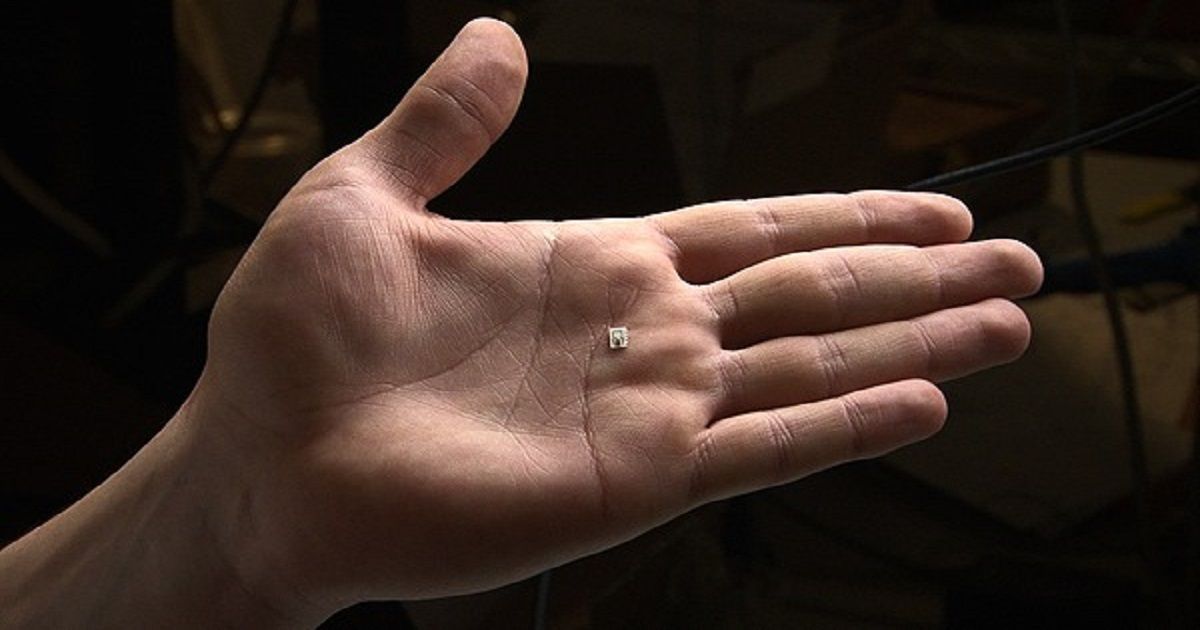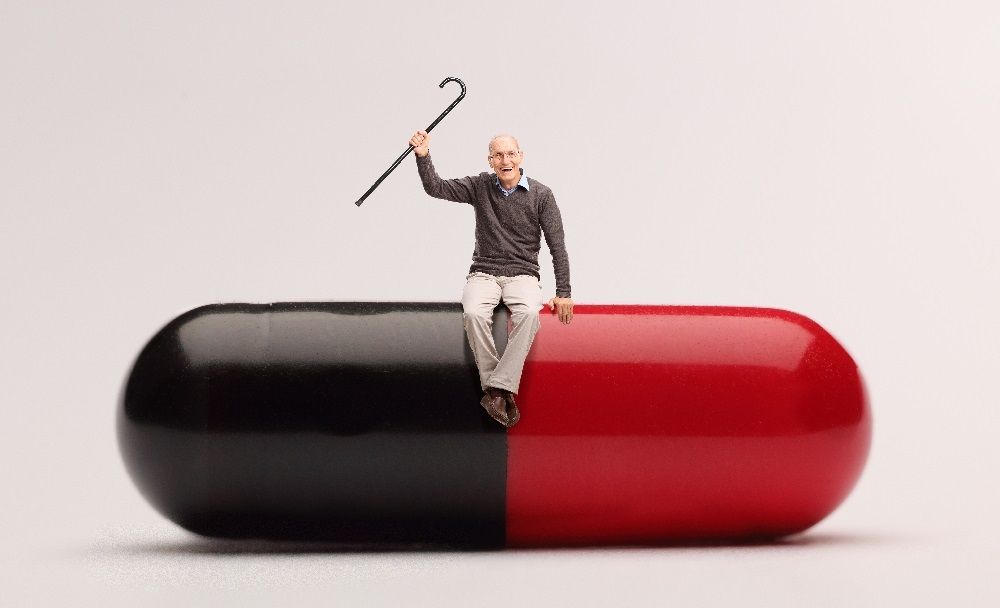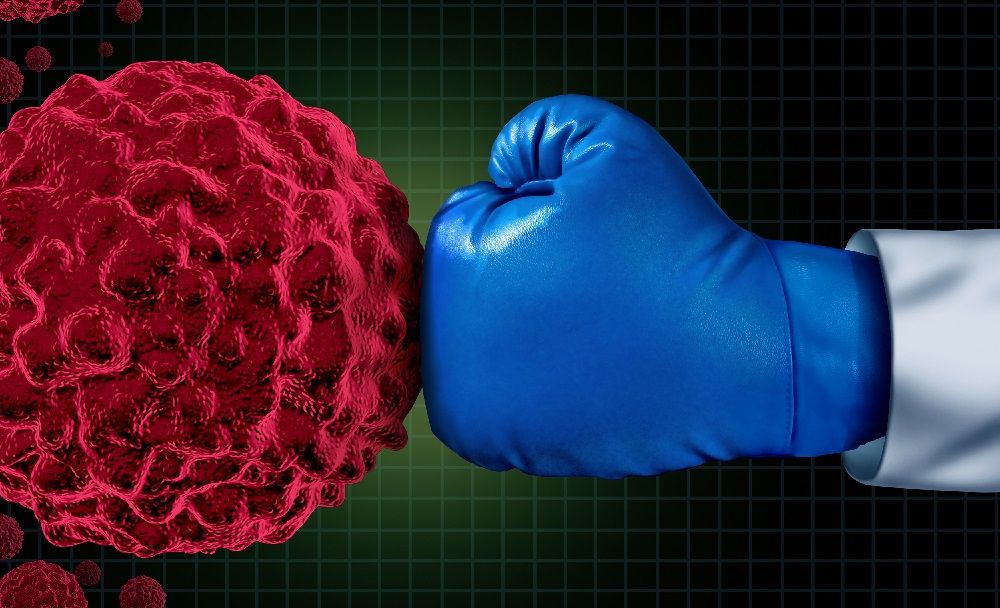Feb 14, 2018
Four Ways We Can “Swallow the Doctor” (Nanodocs, the medical nanorobots)
Posted by Brady Hartman in categories: biotech/medical, nanotechnology, robotics/AI
Summary: Nanodocs are medical nanorobots that work from inside like a tiny doctor. The authors of a recent research study say we may be able to swallow the doctor sooner than we think. Once considered science fiction, the ability to “swallow the surgeon” – using medical nanobots to diagnose and treat disease from inside the body – is becoming a reality. The study authors highlight recent advances in nanotechnology tools, such as nanodrillers, microgrippers, and microbullets – and show how nanodocs have tremendous potential in the areas of precision surgery, detection, detoxification and targeted drug delivery. [Cover photo: The old way to swallow the surgeon. Credit: R. Collin Johnson / Attributed to Stanford University.]
Imagine that you need to repair a defective heart valve, a major surgery. Instead of ripping your chest cut open, a doctor merely injects you with a syringe full of medical nanorobots, called nanodocs for short. You emerge from the ‘surgery’ unscathed, and your only external wound is the puncture hole from the injection.
According to a recent study published by nanorobotic engineers at the University of California San Diego (UCSD), the concept of ‘swallow the doctor’ may be closer to reality than we think.
Continue reading “Four Ways We Can ‘Swallow the Doctor’ (Nanodocs, the medical nanorobots)” »


















